I trained a HSMW Index using faiss on Windows. I wanted to deploy this to an Azure Function App, hence I just pip to install faiss-cpu==1.7.3 rather than the recommended install with conda.
The code that searches for the most similar vector is
distances, indices = index.search(vector, k)
works without issue on Windows, Python 3.10.4, faiss-cpu==1.7.3
However, in the Azure Function App and also on Ubuntu, it throws the following error.
File "/home/vboxuser/Documents/VectorDB/src/match_vector.py", line 30, in get_matching_vectors
distances, indices = index.search(vector, k)
File "/home/vboxuser/Documents/VectorDB/.venv/lib/python3.10/site-packages/faiss/__init__.py", line 322, in replacement_search
self.search_c(n, swig_ptr(x), k, swig_ptr(D), swig_ptr(I))
File "/home/vboxuser/Documents/VectorDB/.venv/lib/python3.10/site-packages/faiss/swigfaiss.py", line 5436, in search
return _swigfaiss.IndexHNSW_search(self, n, x, k, distances, labels)
TypeError: in method 'IndexHNSW_search', argument 3 of type 'float const *'
I would love to understand what causes this and whether there is a work around so that I can run it in the Azure Function App.
Thanks

